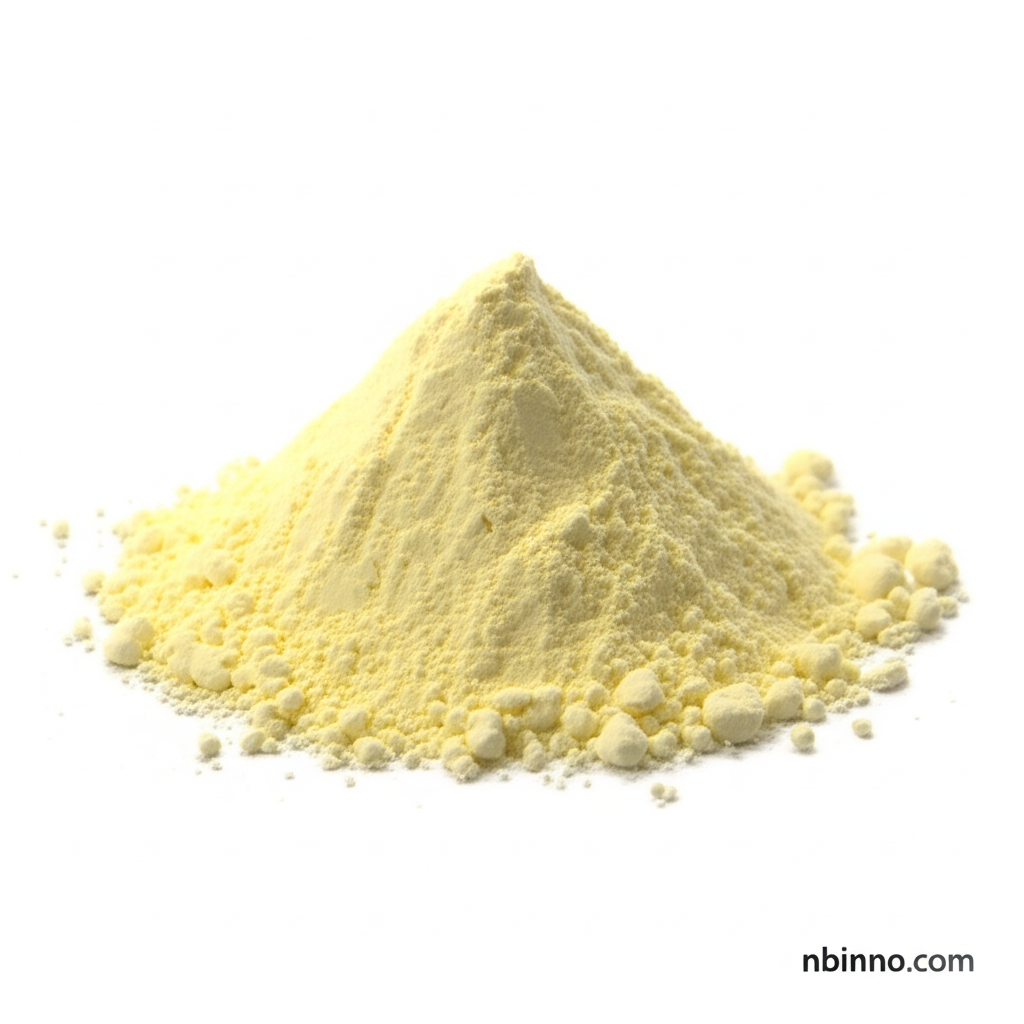Alpha Lipoic Acid: Understanding Its Antioxidant Power and Health Benefits
Discover the versatile benefits of Alpha Lipoic Acid, a powerful antioxidant crucial for energy and overall well-being.
Get a Quote & SampleProduct Core Value

Alpha Lipoic Acid
Alpha-lipoic acid (ALA) is a naturally occurring antioxidant found in every human cell, playing a vital role in converting nutrients into energy. Its unique ability to be both water- and fat-soluble allows it to function effectively throughout the body, offering protection against oxidative stress. Commonly known as the 'universal antioxidant', ALA is a powerful compound with a range of potential health applications.
- Alpha Lipoic Acid Benefits for Diabetes: Studies suggest that ALA may help improve insulin sensitivity and lower blood sugar levels, making it a potential aid for managing diabetes.
- Alpha Lipoic Acid for Nerve Pain: Its antioxidant and nerve-nourishing effects have shown promise in easing symptoms of peripheral neuropathy, particularly diabetic neuropathy.
- Alpha Lipoic Acid Antioxidant Properties: ALA works to neutralize free radicals, protect cells from damage, and regenerate other antioxidants, contributing to overall cellular health.
- Alpha Lipoic Acid for Skin Aging: The antioxidant capabilities of ALA can help combat skin aging by protecting against free radical damage and improving skin texture and elasticity.
Key Advantages of Alpha Lipoic Acid
Potent Antioxidant Action
As a 'universal antioxidant', ALA effectively scavenges free radicals, protecting cells and tissues from damage associated with aging and various diseases.
Supports Metabolic Health
Research indicates that Alpha Lipoic Acid may play a role in improving glucose utilization and insulin sensitivity, beneficial for those managing metabolic disorders.
Nerve Health Support
The nerve-nourishing properties of ALA can help alleviate symptoms like burning, pain, and numbness associated with nerve damage, particularly in diabetic neuropathy.
Key Applications
Pharmaceuticals
Used as an active pharmaceutical ingredient, particularly for its role in managing diabetic neuropathy and as a general antioxidant.
Dietary Supplements
Widely incorporated into supplements aimed at supporting metabolic health, nerve function, and overall antioxidant defense.
Cosmetics
Leveraged in skincare products for its anti-aging properties, combating free radical damage and improving skin appearance.
Animal Feed
Added to animal feed to enhance immune function and improve the absorption and transformation of nutrients.
